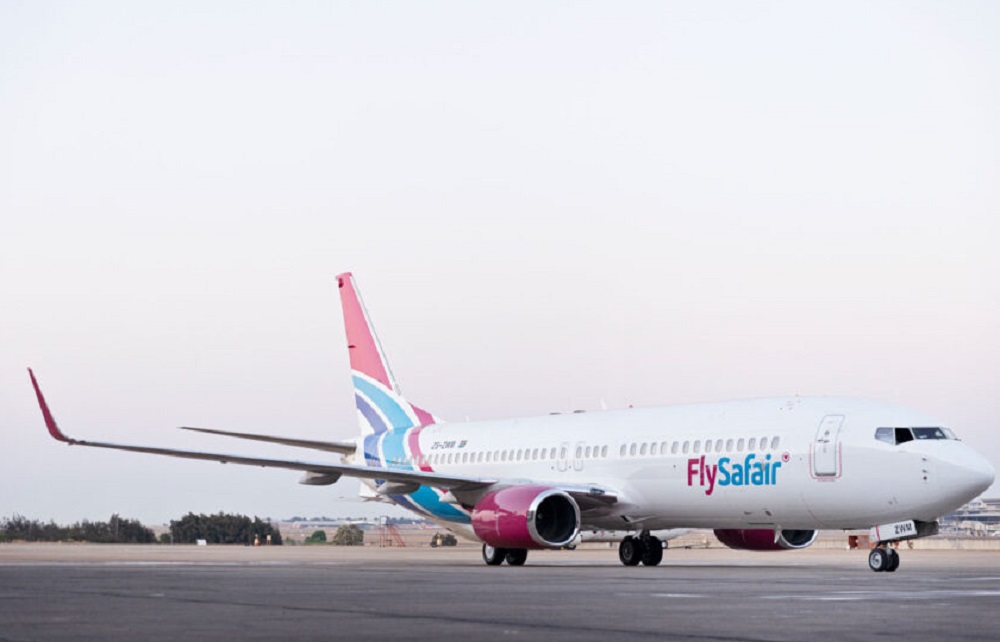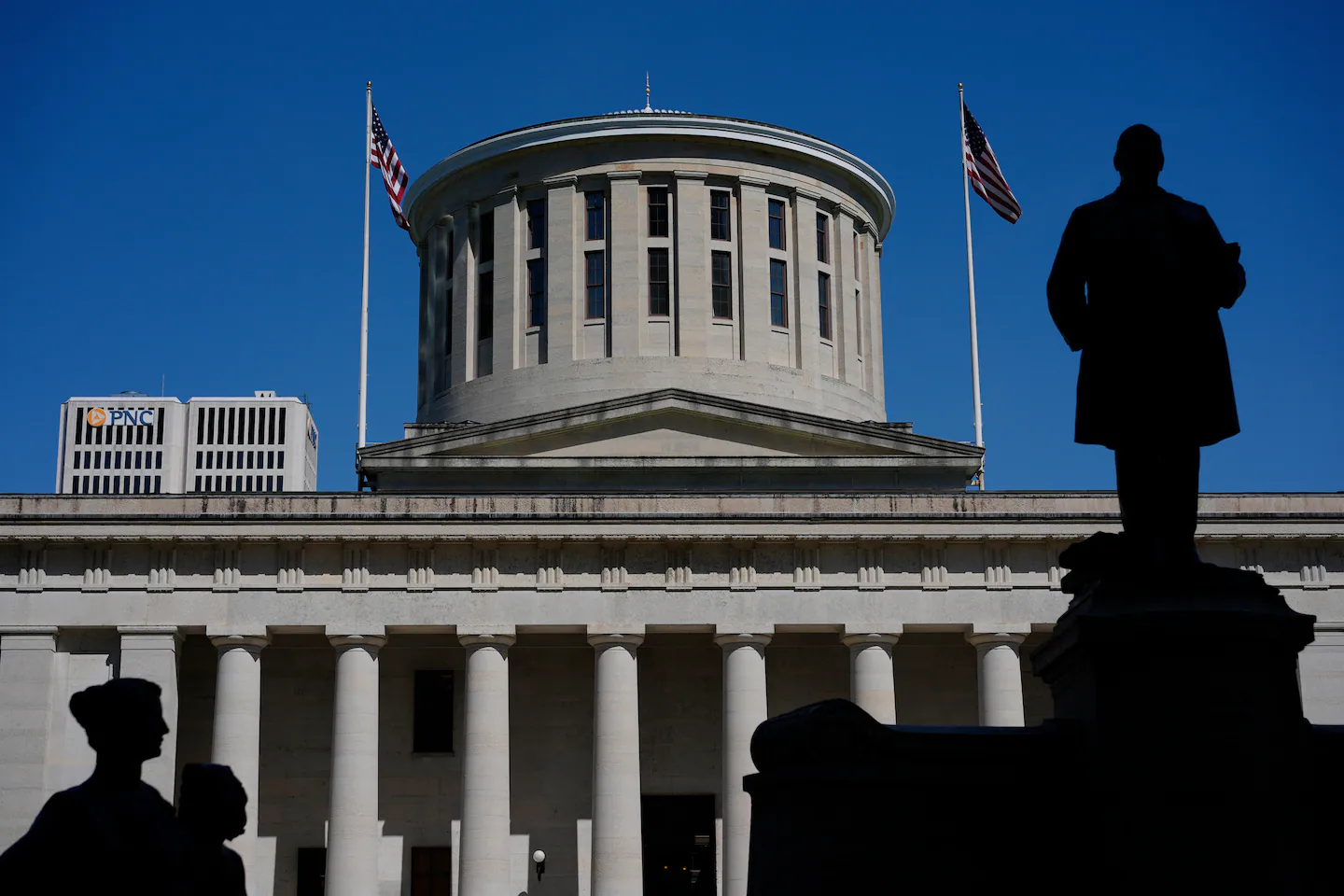Copyright standard

Tube drivers' salaries are set to rise to nearly £80,000 a year after the RMT union agreed to a pay deal for its members offered by Transport for London. The RMT has claimed victory over TfL, saying it had “won” the three-year pay deal for Tube staff following strike action and negotiations. The union staged a five-day walkout at the start of September, effectively bringing the entire Tube network to a standstill. TfL made the enhanced pay offer during talks with the union earlier this month amid fears further strikes could cripple the transport network. Commuters crammed onto the Elizabeth line and hopped on hire bikes in record numbers to try and sidestep the disruption in September, with the ‘Lizzy line’ recording its busiest-ever day on September 11. RMT General Secretary Eddie Dempsey praised the “effectiveness of strike action” as the union announced it had secured the pay deal, as well as commitments to improve work-life balance for staff. All four Tube unions will have to agree to TfL’s offer to secure the new pay deal for it to come into effect, but after the RMT, the biggest union agreed, it is widely expected they will all agree. The Aslef Union also supported the new pay offer. The Standard has contacted Unite and Tssa to confirm if they have also accepted the deal. Under the proposals the basic Tube driver’s salary is expected to increase from £71,170 to a minimum of £77,692 by April 2027 – and more if RPI inflation remains at around three per cent or higher. Most Tube station staff earn around £45,000 but the three-year pay offer will take their salaries nearer to £50,000. The deal also means that Tube staff will not able to strike over pay for three years. The RMT had also taken to picket lines in a bid to improve working conditions and had campaigned for a condensed working week for its members. The union had been seeking a 35-hour four-day week for Tube drivers but it is understood staff will continue to work a basic 35-hour week over five days. The union said it had secured “fatigue-friendly” rosters and further discussions are underway about staff travel as well as a consistent Boxing Day payment of £400. Mr Dempsey said: “This deal is a clear demonstration of the effectiveness of strike action and strong negotiation by our members. "It is significant that RMT has secured a long-term RPI deal that departs from the recent industry approach of linking pay to flawed productivity discussions and measures of inflation that do not include housing costs. "More widely, RMT members will expect to see a similar approach in other parts of the transport industry. "I want to congratulate our members for this achievement, and we look forward to working with the employer in moving forward on fatigue and staff travel provision." TfL had previously described its latest pay offer as a “full and final offer” which would be available to 16,500 London Underground staff. A TfL spokesperson said: “We welcome the decision from the RMT to accept our pay offer. This multi-year offer is fair, affordable and provides certainty for our colleagues over pay for several years. We are engaging with all of our unions on this offer and look forward to their responses.”



